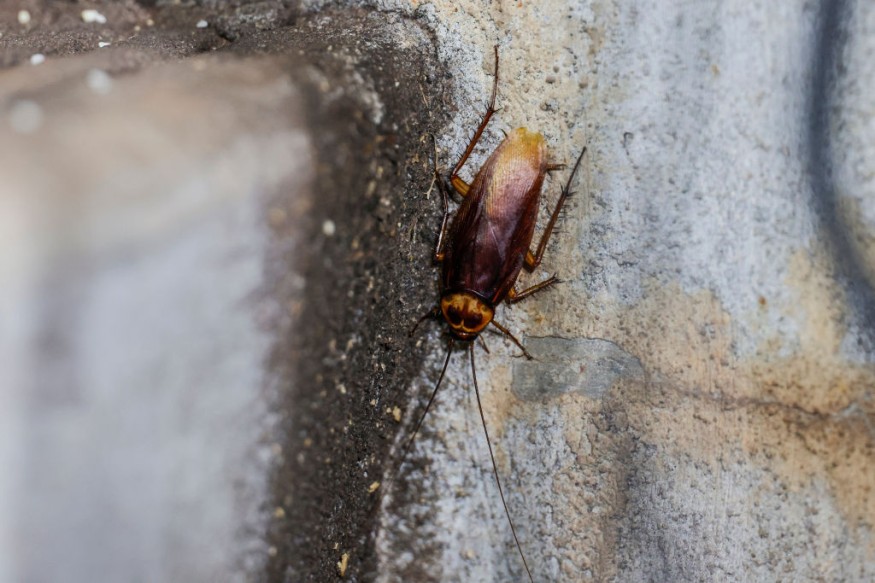
While attempting to kill a cockroach, a Japanese guy accidentally set off an explosion in his apartment.
Insecticide To Kill Cockroach
At midnight on December 10, a 54-year-old man allegedly used a significant amount of insecticide to kill the cockroach, which resulted in an explosion in his apartment in Kumamoto, on the island of Kyushu, about 230 miles southwest of Hiroshima.
As a result, a balcony window cracked, and the man received minor injuries.
Burn marks were discovered near a "kotatsu" heating table, which is a low table with a particular futon placed over it. Underneath, an electric heater is frequently installed.
The unidentified man discovered a cockroach in his flat in the city's Chuo Ward and sprayed a considerable amount of insecticide in an attempt to kill the pest.
The apartment then blew up, according to Kumamoto prefectural police.
The incident has received a lot of attention on social media, with many users finding humor in the strange circumstances. Several people contributed jokes and comments to this weird tale of man against cockroach.
"Did the cockroach die though," one social media user asked on Instagram.
Another person suggested stomping on the cockroach as the best way to get rid of the bugs. "Are you sure? They've survived worse," wrote another user on X.
Another person said, "The roach didn't die of poison, it died of laughter."
Spraying Pesticides At Electrical Outlets
Several instances of similar explosions tied to spraying insecticide near electrical outlets have been received by Japan's National Consumer Affairs Center.
According to numerous pest control firms, spraying pesticides at electrical outlets might harm them and, as a result, injure people.
"Applying liquid sprays in certain areas may be extremely hazardous. Electrical outlets, motors, or exposed wiring pose a potential threat of electrical shock to persons applying water-based pesticide spray," said Philip Koehler, professor of entomology at the University of Florida.
Many sprays have combustible chemicals, such as alcohol.
They also contain propellants such as propane and butane, which help force the liquid pesticide out of the container and into the air.
Similar events have been reported in the United States, such as when a woman in Ohio attempted to eradicate bed bugs with rubbing alcohol and accidentally ignited a fire that burned down her entire house.
In 2017, an unnamed Cincinnati woman accidentally sparked the fire while dousing the infestation with the extremely flammable liquid adjacent to an open flame.
Just a few weeks before, a 13-year-old Cincinnati kid was left homeless after using the same deadly combination of fire and alcohol to exterminate a bedbug infestation.
Three people were also hurt in a blast at a New Jersey home in 2016 after fumes from a bug spray accumulated and ignited.
An occupant sprayed insecticide in the roach-infested flat and then opened a window.
The explosion was produced by a mix of outside oxygen, fumes from insect spray within the apartment, and a stove's pilot light. It blew away the windows of the apartment and ruined the kitchen.
When firefighters arrived, the house was said to be infested with cockroaches.
© 2025 NatureWorldNews.com All rights reserved. Do not reproduce without permission.





